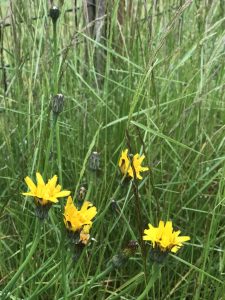 The Yogabliss on-line Moving into Meditation class met this morning. I am so deeply grateful that we are able to come together in practice. We’ve been living with the constant awareness of a physical and social pandemic. Some of us are involved with illness in some way – either being sick or caring about someone who is sick. Some of us are involved with social justice activism – either being on the street or supporting those on the street. We are taking in a steady stream of suffering. We are adapting; we are learning; and we are taking action. This day to day, hour by hour awareness of pain and suffering creates stress. When stress becomes chronic it comes to live in our bodies.
The Yogabliss on-line Moving into Meditation class met this morning. I am so deeply grateful that we are able to come together in practice. We’ve been living with the constant awareness of a physical and social pandemic. Some of us are involved with illness in some way – either being sick or caring about someone who is sick. Some of us are involved with social justice activism – either being on the street or supporting those on the street. We are taking in a steady stream of suffering. We are adapting; we are learning; and we are taking action. This day to day, hour by hour awareness of pain and suffering creates stress. When stress becomes chronic it comes to live in our bodies.
We explored a grounding present body awareness practice from therapist and trauma specialist Resmaa Menakem. In his book, My Grandmother’s Hands, Resmaa includes a series of body practices for healing the effects of chronic stress and trauma.
We reflected on the writing of poet, gardener, college professor, Ross Gay and his On Being interview Tending Joy and Practicing Delight. In his work Ross invites us to find and amplify the ordinary and wondrous beauty in life. He encourages us to cultivate tenderness in our lives even while struggling for racial justice.
Grounding Present Body Awareness
Create a comfortable seat. Take a minute or two to sit quietly, breathing normally. . . .
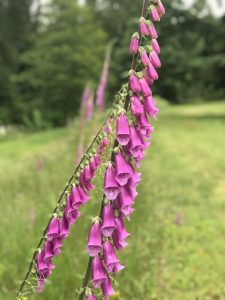 Now open our eyes and slowly turn your head looking to the left . . . looking over your left shoulder all the way behind you . . . and then slowly turn your head over your right shoulder all the way behaind you . . . doing this a few times in both directions. You can tilt your gaze up or down taking in as much of the room as you can . . . Orient yourself in the surrounding space. . . . Notice the height of the ceiling, the height and color of each wall, any doors or windows, and any other details that stand out. . . . What sounds do you hear? Are there any smells in the the air? Are you sensing warmth or coolness?
Now open our eyes and slowly turn your head looking to the left . . . looking over your left shoulder all the way behind you . . . and then slowly turn your head over your right shoulder all the way behaind you . . . doing this a few times in both directions. You can tilt your gaze up or down taking in as much of the room as you can . . . Orient yourself in the surrounding space. . . . Notice the height of the ceiling, the height and color of each wall, any doors or windows, and any other details that stand out. . . . What sounds do you hear? Are there any smells in the the air? Are you sensing warmth or coolness?
When you are done scanning your environment, return your attention to your body. Sense your seat resting on the ground or the chair . . . feel your thighs, legs and feet . . . supported by the earth.
Now notice any other sensations in your body: feel the weight of your legs and the bend in your knees . . . how your thighs enjoin your pelvis . . . how your pelvis supports your spine, how your spine rises upward straight or curved . . . Feel your belly and any tension you hold there . . . . Your chest expanding and relaxing with each breath . . .
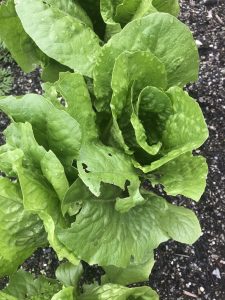 Notice what your body experiences inside your clothing. Where your does your body touch your clothes . . . your underwear . . . your socks . . . your shirt or top . . . your pants . . . Can you feel the weight of clothes on your skin?
Notice what your body experiences inside your clothing. Where your does your body touch your clothes . . . your underwear . . . your socks . . . your shirt or top . . . your pants . . . Can you feel the weight of clothes on your skin?
Starting at the top of your head, bring your attention slowly down through your body. Find the top of your head . . . slowly, slowly notice each sensation as your awareness moves through these areas . . . sensation as warmth . . . coolness . . . relaxation . . . tightness . . . softness . . . pressure . . . energy . . . numbness. . . .
When you finish sensing into your feet slowly open your eyes and take a few deep breaths . . . Notice how you feel.
Relaxed Reflection
Lie back and get comfortable. We can reflect on how we truly feel in this moment . . . allowing our feeling simply to be . . . if you like you can gently turn your head from side to side . . . . not having to lift your head . . . See if you can open to a sense of healing relaxation . . . giving yourself space and time . . . just being . . .
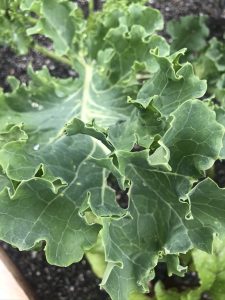 Can you let there be a sense of tenderness? Can you be curious about how tenderness arises in your life? . . . . Can you let there be some space around any experience with arising tenderness? . . . Perhaps as a felt sensation in your body . . . as a memory . . . as a loved one . . . as a special time or place . . . What place does tenderness have in your life? When the language of tenderness is spoken, how do you hear it? Does it transform your experience? Is it connected to a sense of compassion or mercy? Feel free to deepen or slow your breathing to really take this in . . .
Can you let there be a sense of tenderness? Can you be curious about how tenderness arises in your life? . . . . Can you let there be some space around any experience with arising tenderness? . . . Perhaps as a felt sensation in your body . . . as a memory . . . as a loved one . . . as a special time or place . . . What place does tenderness have in your life? When the language of tenderness is spoken, how do you hear it? Does it transform your experience? Is it connected to a sense of compassion or mercy? Feel free to deepen or slow your breathing to really take this in . . .
Poet Ross Gay embraces the practice of tenderness and mercy. He encourages us to really tend to what we love as a form of “adult joy.” Adult joy enables us to see what is terrible and also see what is wonderful and beautiful . . . even within the work of social justice. He asks:
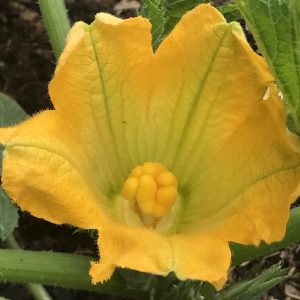 What if we honestly assessed what we have come to believe about ourselves and each other, and how those beliefs shape our lives? And what if we did it with generosity and forgiveness? What if we did it with mercy? . . .
What if we honestly assessed what we have come to believe about ourselves and each other, and how those beliefs shape our lives? And what if we did it with generosity and forgiveness? What if we did it with mercy? . . .
The corrupt imagination might become visible. Inequalities might become visible. Violence might become visible. Terror might become visible. And the things we’ve been doing to each other, despite the fact that we don’t want to do such things to each other, might become visible. If we don’t, we will all remain phantoms — and, as it turns out, it’s hard for phantoms to care for one another, let alone love one another.
How do we tend what we love? Is it easier for us to find fault than to find beauty? Can we infuse our struggles for justice with a greater imagination to encompass all beings? We don’t have to lessen our efforts. We can energize them with actions that are life affirming. In coming back to the notion of adult joy in his 2019 On Being interview Ross said:
Sometimes I think there’s a conception of joy as meaning something like something easy. And to me, joy has nothing to do with ease. . . . joy has everything to do with the fact that we’re all going to die. When I’m thinking about joy, I’m thinking about — that at the same time as something wonderful is happening, some connection is being made in my life, we are also in the process of dying. That is every moment. That is every moment.
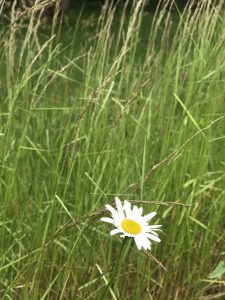 . . . if you and I know we’re each in the process, there is something that will happen between us. There’s some kind of tenderness that might be possible . . .
. . . if you and I know we’re each in the process, there is something that will happen between us. There’s some kind of tenderness that might be possible . . .
. . . I have really been thinking that joy is the moments — . . . the moments when my alienation from people — but not just people, from the whole thing — it goes away. And it shrinks. . . . everything becomes luminous. And I love that mycelium, forest metaphor, that there’s this thing connecting us. And among the things of that thing connecting us is that we have this common experience — many common experiences, but a really foundational one is that we are not here forever.
How do we see each other knowing we will die some day, that we all suffer in our humanness? How do we meet each other’s eyes? Do we become more dear? Does life around us shine? Do we feel the pulse of life together?
In his beautiful Book of Delights Ross writes:
Among the most beautiful things I’ve ever heard anyone say came from my student Bethany, . . . how she wanted to be as a teacher, and what she wanted her classrooms to be. She said, ‘What if we joined our wildernesses together?’ Sit with that for a minute. That the body, the life, might carry a wilderness, an unexplored territory, and that yours and mine might somewhere, somehow, meet. Might, even, join.
Here is one of Ross’s tender poems:
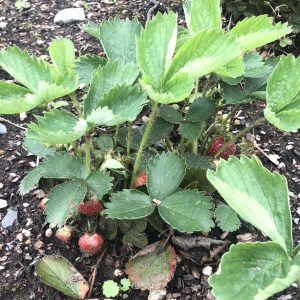 A Small Needful Fact
A Small Needful Fact
Is that Eric Garner worked
for some time for the Parks and Rec.
Horticultural Department, which means,
perhaps, that with his very large hands,
perhaps, in all likelihood,
he put gently into the earth
some plants which, most likely,
some of them, in all likelihood,
continue to grow, continue
to do what such plants do, like house
and feed small and necessary creatures,
like being pleasant to touch and smell,
like converting sunlight
into food, like making it easier
for us to breathe.
Let’s breathe . . . let’s practice so that we may tend to what we love and struggle for “what we find beautiful and necessary.”
